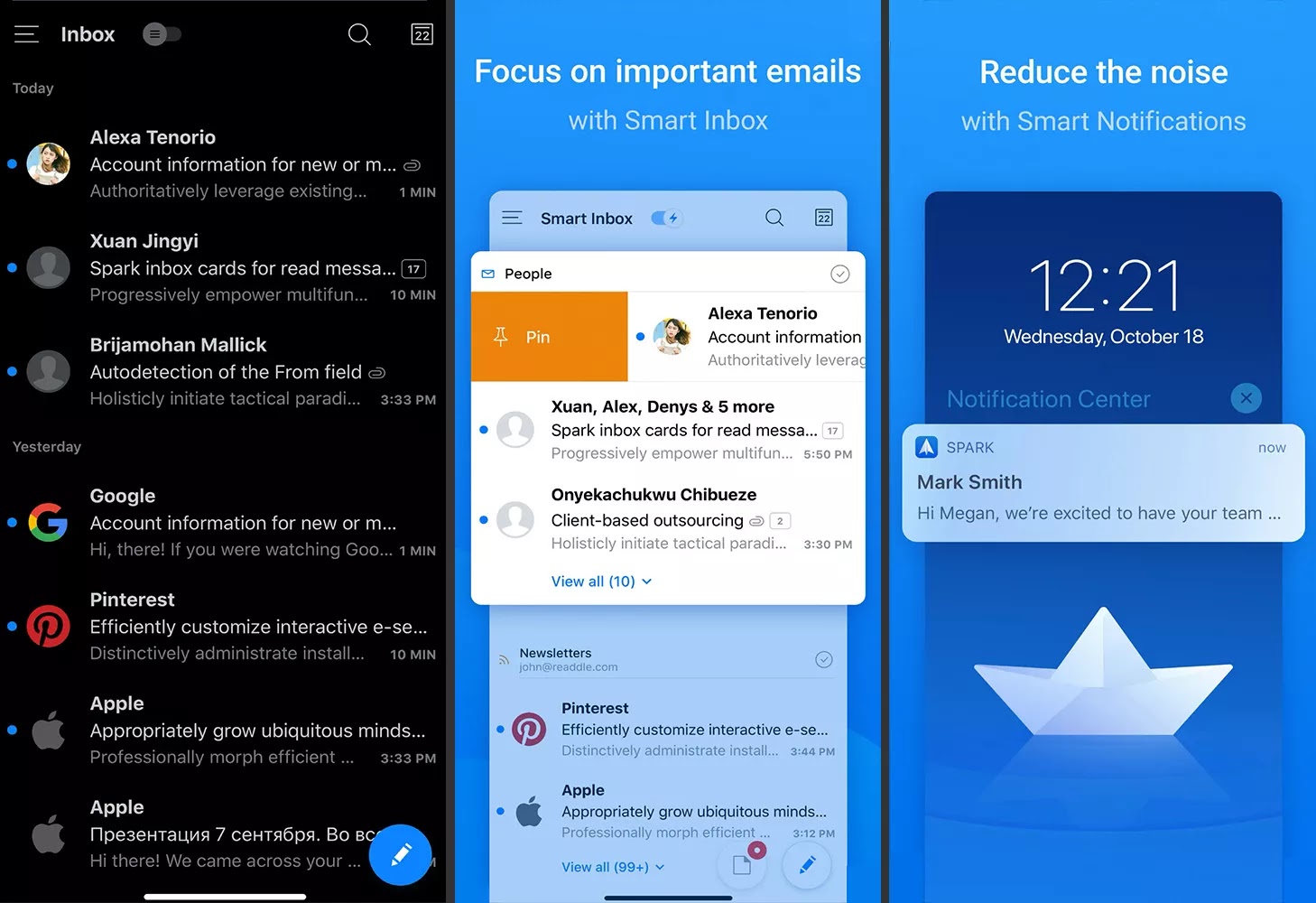What is a JPG (JPEG) File ?
This article explains what JPG and JPEG files are and how they differ from other image formats, how to open them, and what programs can convert them to another image format such as SVG, GIF, or PNG.
What is a JPG (JPEG) File?
A JPG or JPEG
(both pronounced "jay-peg") file is an image file. While some JPG
image files use the .JPG file extension and others use the .JPEG file
extension, they are both the same file type.
Note: Some JPEG image
files use the .JPE file extension, but this is not very common. JFIF files are
JPEG File Interchange Format files that also use JPEG compression, but are not
as popular as JPG files.
How to Open a JPG or JPEG File
JPG files are
compatible with all image viewers and editors. It is the most used image
format.
You can open JPG
files with your web browser like Chrome or Firefox (drag local JPG files to the
browser window) and Microsoft built-in programs like Photo Viewer and Paint
application. On a Mac, Apple Preview and Apple Photos can open the JPG file.
IrfanView, Adobe
Photoshop, GIMP, and basically any other program that displays images,
including online services like Google Drive, also support JPG files.
Mobile devices
also support opening JPG files, which means you can view them in your email and
text messages without the need for a dedicated JPG viewer app.
Some websites and
programs may not recognize an image as a JPEG image file if it does not have
the correct file extension. For example, some simple image viewers and editors
only open .JPG files and don't know that the .JPEG file you have is the same.
In these cases, you can simply rename the file to get the file extension that
the program understands.
How to Convert a JPG or JPEG File
There are two
ways to convert JPG files. You can use your image viewer or editor to save it
to a new format (assuming the feature is supported), or put the JPG file into
an image conversion program.
For example,
FileZigZag is an online JPG converter that can save the file to other formats,
including PNG, TIF/TIFF, GIF, BMP, DPX, TGA, PCX, and YUV.
Another really
easy option is an app called Resizing.app, and there's a Chrome extension if
you want to do a lot of conversions. Output formats include PNG, TIFF, WEBP,
and BMP.
You can even
convert JPG files to MS Word format like DOCX or DOC with Zamzar, which is like
FileZigZag in that it converts JPG files online. It also saves JPG to ICO, PS,
PDF, WEBP, among others.
Tip: If you just want
to insert a JPG file into a Word document, you don't need to convert the file
to an MS Word file format. In fact, such a conversion does not result in a very
well-formatted document. Instead, use Word's built-in "Paste" option
to paste the JPG directly into the document, even if it already has some text
in it.
Open the JPG file
in Microsoft Paint and use the File > Save As menu to convert it to BMP,
DIB, PNG, TIFF, etc. The other JPG viewers and editors mentioned above support
similar menu options and output file formats.
Using the
Convertio website is one way to convert JPG to EPS if you want the image file
to be in that format. If that doesn't work, you can try AConvert.com.
Still Can't Open the File?
Some file formats
use file extensions that look like .JPG files, but are actually unrelated. Some
examples are JPR (JBuilder Project or Fugawi Projection), JPS (Image Stereo
JPEG or Akeeba Backup Archive) and JPGW (JPEG World).
Is JPG the Same as JPEG?
So is there a
difference between JPEG and JPG? The file formats are identical, but one has an
extra letter. Really, that's the only difference.
Both JPG and JPEG
represent an image format endorsed by the Joint Photographic Experts Group and
have exactly the same meaning. The reason for the different file extensions is
that older versions of Windows don't accept the longer extension.
As with HTM and
HTML files, when the JPEG format was introduced, the official file extension
was JPEG (four letters). However, Windows at the time had a policy that all
file extensions could not exceed three letters, so .JPG was used for the exact
same format. However, Mac computers had no such limitation.
What happened was
that both file extensions were used on both systems, and then Windows changed
its requirements to accept longer file extensions, but JPG was still used.
Therefore, both JPG and JPEG files circulated and continue to be created.
Although both
file extensions are present, the formats are exactly the same and can be
renamed to each other without loss of functionality.




Comments
Post a Comment